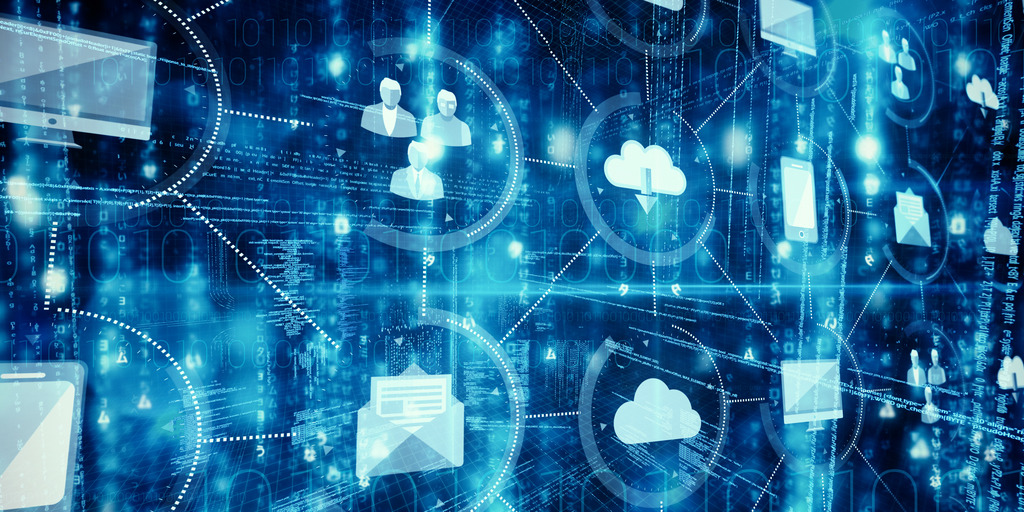Data as a raw material is changing the global economy in many ways. This change is not only evident in digital start-ups that use technologies to implement new ideas – it is also evident in traditional companies whose business models are radically changing due to the increased use of data. Despite the massive changes that have already taken place, we are only at the beginning of a disruptive development process: What will the global economy look like when robotics, 3D printing and artificial intelligence have established themselves on a broad front?
For a long time, trade in services was limited by the fact that most services required producers and consumers to be in the same place. Digitalization has largely abolished these frontiers and trade in services is growing much faster than trade in goods. Services account for the majority of modern economies – in Germany about 70% of value added. So there is great growth potential here. But is Germany prepared to trade in digital services? A study of the GED project has shown that Germany is currently still well below its potential.
We are already seeing digitalization and automation changing global production flows. Much industrial production, which had migrated to emerging and developing countries due to lower salaries, is returning to the developed economies. Proximity to the sales market is more important than labor costs, as many products are produced with a high degree of automation. What does this trend mean for the development opportunities of many emerging countries? Is an industrial and export-driven development model like China still possible?
What does it mean for the global economy if 3D printing becomes generally accepted? Will trade in goods then only take place with raw materials? How can intellectual property protection for 3D print plans be protected? How do we deal with consumer rights?
Digitalization will change the world economy. But in many cases it is not yet clear what this change means for the economy, society and international cooperation. The GED project raises these questions and tries to provide answers.



